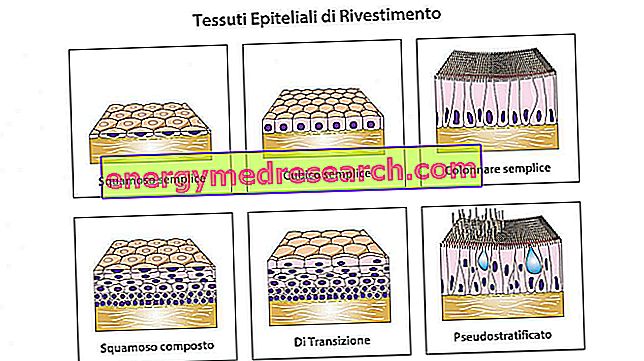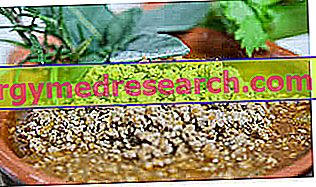
What is Myclausen?
Myclausen is a medicine that contains the active substance mycophenolate mofetil. It is available as white round tablets (500 mg).
Myclausen is a "generic medicine", ie it is similar to a "reference medicine" already authorized in the European Union (EU) called Cellcept.
What is Myclausen used for?
Myclausen is used to prevent the body from rejecting a transplanted kidney, heart or liver. It is used together with cyclosporine and corticosteroids (other medicines used to prevent organ rejection).
The medicine can only be obtained with a prescription.
How is Myclausen used?
Treatment with Myclausen must be started and continued by qualified transplant specialists.
The way in which Myclausen should be administered and the dose depend on the type of organ transplanted, as well as the age and build of the patient. For kidney transplants, the recommended dose in adults is 1 g twice a day orally starting within 72 hours after transplantation. In children aged between two and 18 years, the dose of Myclausen is calculated based on height and weight.
For heart transplants, the recommended dose in adults is 1.5 g twice a day, starting within five days after the transplant.
For liver transplants in adults, mycophenolate mofetil should be administered by infusion (drip into a vein) for the first four days after transplantation, before the patient switches to Myclausen 1.5 g twice a day as soon as it can be tolerated . The use of Myclausen is not recommended in children following cardiac or hepatic transplantation due to the lack of available information on its effects in this group of subjects.
The dose may need to be adjusted in patients with liver or kidney disease. For more information, please refer to the summary of product characteristics (included with EPAR).
How does Myclausen work?
The active substance in Myclausen, mycophenolate mofetil, is an immunosuppressive medicine. In the body it is transformed into mycophenolic acid which inhibits an enzyme called "inosine-monophosphate-dehydrogenase". This enzyme is important for the formation of DNA in cells, especially in lymphocytes (a type of white blood cell that contributes to the rejection of transplanted organs). By preventing the production of new DNA, Myclausen reduces the speed at which the lymphocytes reproduce. This inhibits their ability to recognize and attack the transplanted organ, reducing the risk of rejection.
What studies have been carried out on Myclausen?
Because Myclausen is a generic medicine, studies in patients have been limited to tests to determine its bioequivalence to the reference medicine, Cellcept. Two medicines are bioequivalent when they produce the same levels of the active ingredient in the body.
What are the benefits and risks of Myclausen?
Because Myclausen is a generic medicine and is bioequivalent to the reference medicine, the benefits and risks are assumed to be the same as those of the reference medicine.
Why has Myclausen been approved?
The CHMP (Committee for Medicinal Products for Human Use) concluded that, in accordance with EU legislation, Myclausen has been shown to have comparable quality and to be bioequivalent to Cellcept. The CHMP was therefore of the opinion that, as with Cellcept, the benefits outweighed the identified risks. The committee recommended the granting of the marketing authorization for Myclausen.
More information on Myclausen
On 7 October 2010, the European Commission issued a marketing authorization for Myclausen to Herbert J. Passauer GmbH & Co. KG, valid throughout the European Union. The marketing authorization is valid for five years, after which it can be renewed.
For the full EPAR for Myclausen, consult the Agency's website. For more information about treatment with Myclausen, read the package leaflet (also part of the EPAR) or contact your doctor or pharmacist.
The full EPAR of the reference medicine is also found on the Agency's website.
Last update of this summary: 08-2010.



